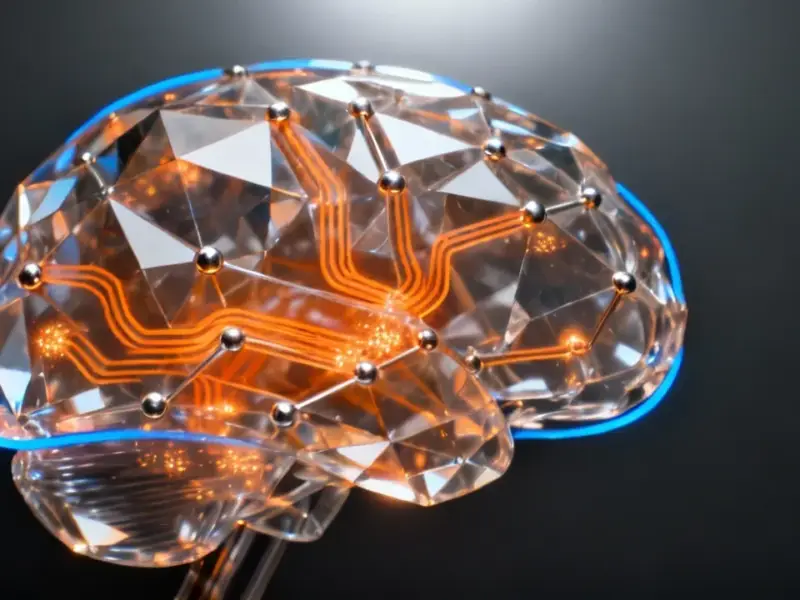Seattle’s Ambassador raises $7M to add AI to customer feedback
A Seattle startup just got a cash infusion to help it inject AI into customer feedback analysis. Ambassador’s new funding will fuel its platform that consolidates referrals, surveys, and loyalty programs.









